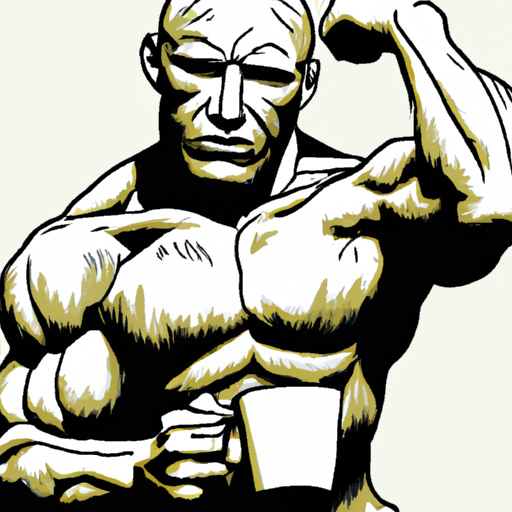As a true coffee enthusiast, I can’t help but extol the virtues and acknowledge the potential pitfalls of that glorious second cup. For me, an extra cup of coffee isn’t just about fueling my day; it’s an experience that enhances my cognitive function, sharpening my focus, memory, and reaction times. There’s something magical about the way a second cup can boost my mood. An increased release of dopamine and serotonin often leaves me a bit snappier with my humor and less worried about the little things that don’t really matter.
Knowing that coffee is packed with antioxidants gives me a little extra motivation (read: “excuse”) to savor that second cup. These powerful compounds help combat inflammation and protect against certain diseases.
But like any indulgence, moderation is key. I’ve learned from experience that too much caffeine can sometimes lead to heightened anxiousness, leaving me feeling jittery and restless before a meeting. Coffee, as delightful as it is, can also play tricks on a digestive system by stimulating the production of stomach acid, which occasionally leads to heartburn or acid reflux. And yes, there’s the issue of caffeine dependence—regularly enjoying multiple cups can make a person’s body crave more to achieve the same energizing effects.
Understanding my own caffeine sensitivity is crucial. Each person’s tolerance varies, and I’ve found that some friends might experience adverse effects even with smaller amounts of coffee. Timing is everything; you may want to avoid that extra cup in the late afternoon or evening to keep your sleep undisturbed.
When it comes to the timing of the second cup, spacing it out appropriately after the first cup can make a difference. Allowing some time between the first and second cups can help manage caffeine intake and prevent any potential jitters. Enjoying the second cup with breakfast or a mid-morning snack can also help mitigate any stomach discomfort by providing a buffer for the stomach acid. Sipping the second cup slowly and taking the time to savor it can enhance the overall experience and make it a more mindful indulgence.
Staying hydrated is also essential since coffee, being a diuretic, can lead to dehydration if you’re not careful. Health is another factor to consider. People with certain medical conditions, like heart problems or anxiety challenges, need to be smart and thoughtful about their caffeine intake. Personally, I always strive for high-quality coffee beans. There’s a significant difference in taste and health benefits, and for me, part of the joy of a second cup lies in savoring the rich, nuanced flavors of a well-crafted brew. Which only makes it easier to grab that second cup.
Please note that if you purchase from clicking on the link, some will result in my getting a tiny bit of that sale to help keep this site going. If you enjoy my work, perhaps you would consider donating to my daily cup of coffee, thank you.


